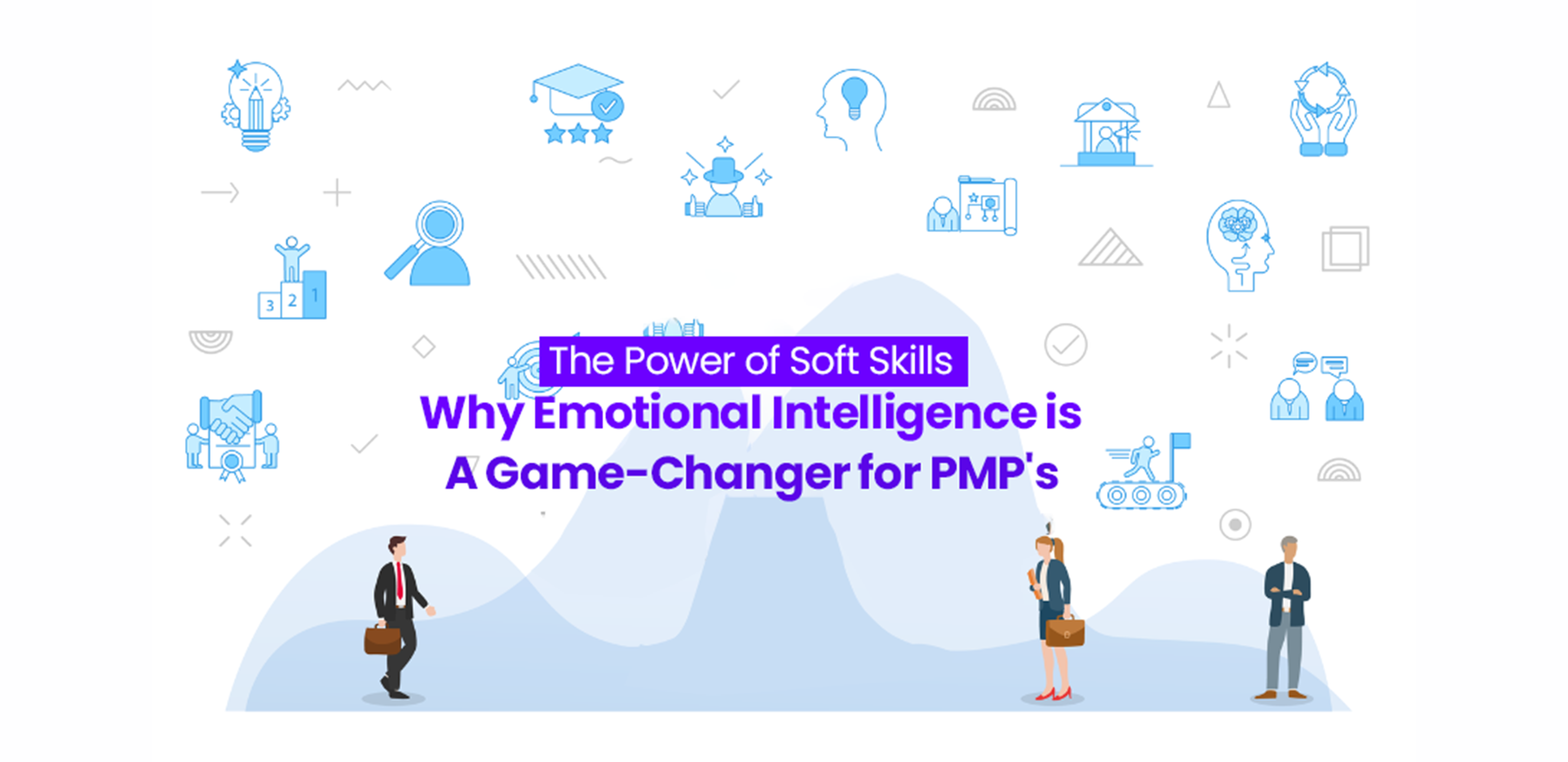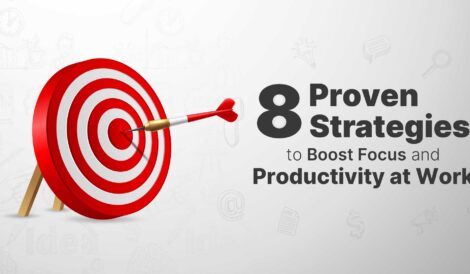In the fast-paced world of project management, PMP certification equips professionals with technical knowledge. But success isn’t built on hard skills alone. Emotional Intelligence (EI)—the ability to manage your emotions and understand others—is what sets great project managers apart. This blog explores how emotional intelligence powers communication, empathy, and adaptability, helping PMP-certified professionals deliver exceptional results.
Let’s explore why soft skills like communication, empathy, and adaptability—driven by emotional intelligence—are essential for modern project management success.
1. Communication: The Foundation of Effective Leadership
- Clarity and Transparency: Clear communication helps team members understand timelines, deliverables, and expectations. It reduces confusion and boosts alignment.
- Active Listening: Listening to team concerns fosters trust, encourages feedback, and builds rapport.
- Tailored Messaging: Adjust communication style based on the audience. Simplify technical updates for executives while offering details to team members.
2. Empathy: The Secret to Stronger Team Bonds
- Understanding Perspectives: Empathetic leaders handle conflict better and maintain team morale.
- Supporting Well-Being: Recognizing stress and offering support improves loyalty and performance.
- Inclusive Culture: When team members feel heard and valued, they collaborate more creatively.
3. Adaptability: Leading Through Change
- Embracing Uncertainty: Deadlines shift. Clients change scope. Adaptable PMPs handle these with agility.
- Encouraging Innovation: Flexible leadership encourages experimentation and continuous improvement.
- Staying Composed: Calm, emotionally aware managers keep teams grounded during high-pressure situations.
The Role of Emotional Intelligence in PMP Success
PMP-certified professionals benefit from EI in several ways:
- Better Stakeholder Management: Understanding concerns and expectations helps build strong partnerships.
- Improved Collaboration: Teams led by emotionally intelligent managers feel motivated and respected.
- Conflict Resolution: Emotional intelligence transforms roadblocks into growth opportunities.
- Stronger Decision-Making: Leaders who balance data with empathy make sound, people-centered decisions.
How PMP Certification Enhances Soft Skills
PMP training naturally strengthens emotional intelligence through:
- Leadership & Team Building: Working with diverse teams builds emotional awareness and communication skills.
- Stakeholder Engagement: PMP frameworks teach empathy and proactive communication.
- Change Management: Adaptability is key to risk mitigation and scope changes.
Final Thoughts
While PMP certification provides technical credibility, emotional intelligence adds the human touch that makes leaders truly effective. Combining PMP knowledge with communication, empathy, and adaptability gives professionals the edge they need in today’s project-driven world.
By focusing on emotional intelligence, PMP-certified professionals can elevate not only project outcomes—but also team culture and organizational success.








